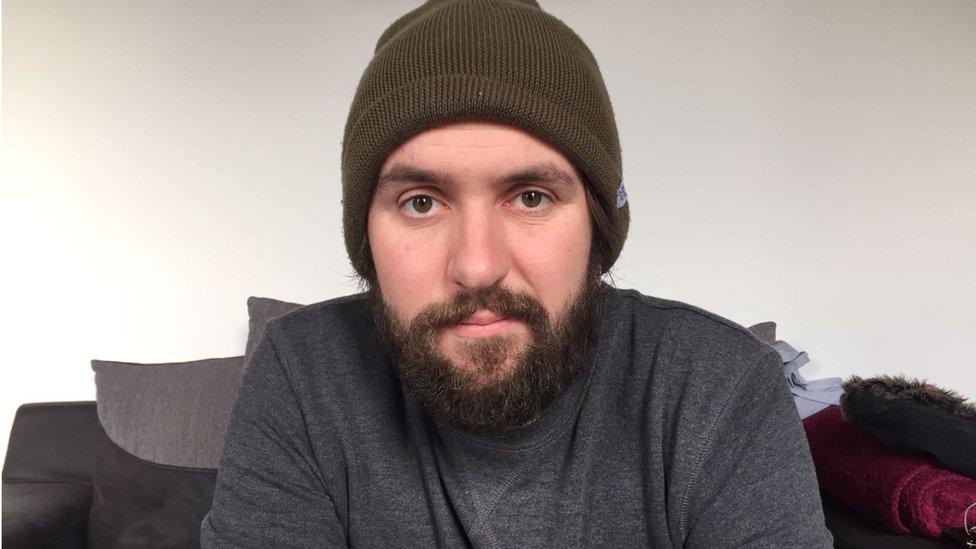'What's mum got to be depressed about?'
- Published
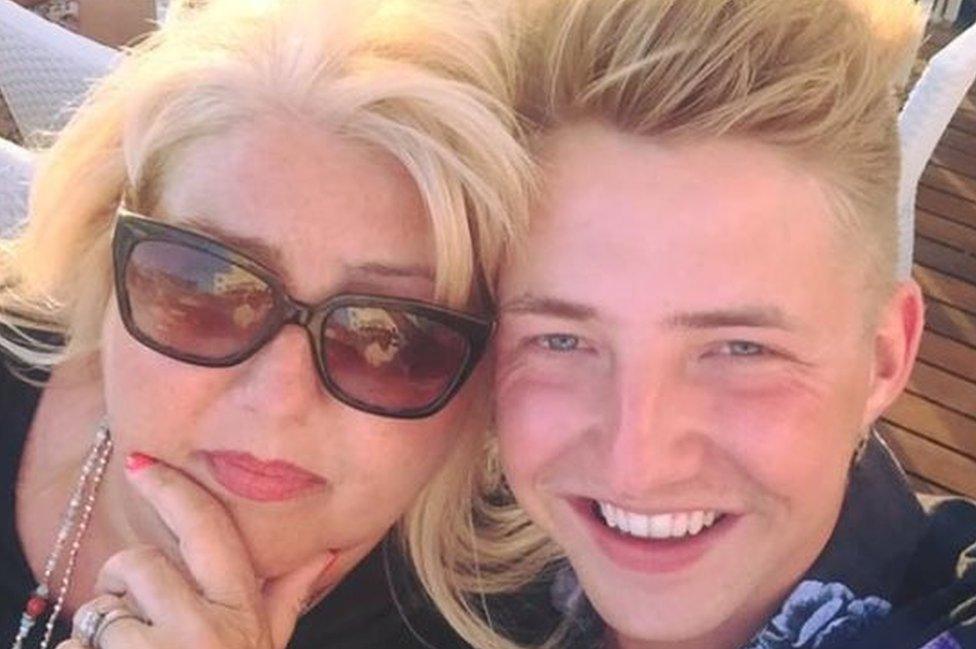
Bruce Turner's mum Tina was diagnosed with depression in 1990 and was hospitalised many times throughout his childhood. Now, at 20 years old, he still struggles to understand her condition.
If you met my mum you would think she was the life and soul of the party. She's confident, full of energy and charisma, but she lives with depression and when it hits she is none of those things.
In those times she becomes scared and fragile, sees the worst in situations, and her ability to love and show compassion is taken away. She'll shut herself off from the world and won't get out of bed or speak to anyone for weeks.
It strips her of emotion - so if someone knocked on the door and told her she had won the lottery or her children had died in a car crash, her reaction would be the same.
I've been surrounded by mental illness my entire life and, though I still live at home with my parents in Wilmslow near Manchester, I still can't get my head around it.
The first time mum's depression affected me was when I was about nine, but it was hidden quite well from me, my twin sister Millie and my younger brother, Jake.
Mum was admitted to hospital. Dad told us she was poorly but we didn't understand what was happening. He cried, which was a real shock, and when she returned he told us to be quiet around the house.
She looked and acted differently. Normally mum was very glamorous but she became a shadow of herself, she stayed in her bedroom and was always in night-wear. Mum has since told me it took all her willpower to even go to the toilet back then.
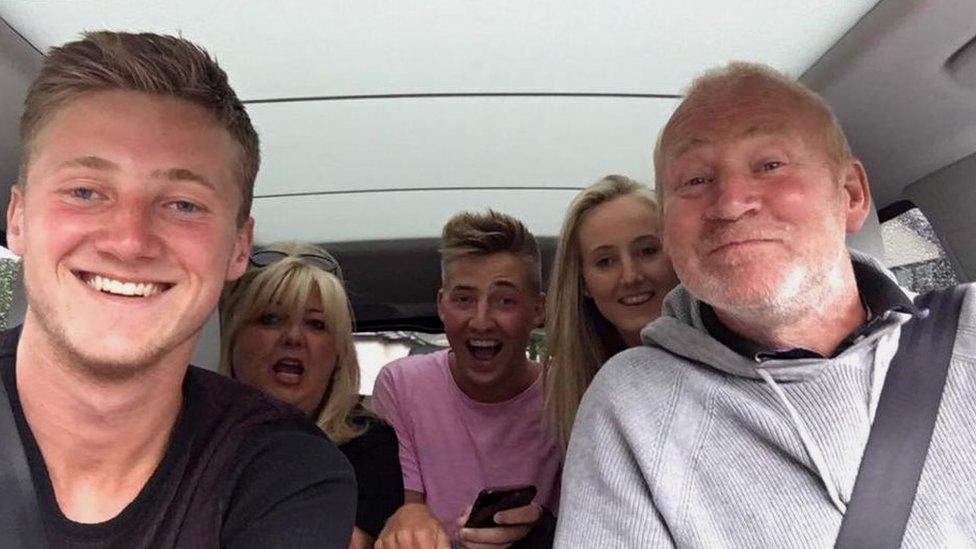
It was a shock to see her so vacant and she was scared of the people she loved the most. When her three children were laughing, it would send her into a panic and sleep became the only time the demons disappeared. She often hoped she wouldn't wake up.
As children we went to youth club every Friday. Mum would never take us because she wasn't "well" so we would always go with friends.
One Friday night, after she was discharged from hospital, she came to pick us up. It was amazing. I looked at her and thought she was back to normal again, but it was only the beginning of her recovery.
She says she dreaded doing the pick-up and it took a huge amount of courage that night.
As we grew up our grandparents kept family life as normal as possible. Millie now plays football for England and Bristol City WFC and my younger brother, Jake, 18, is a goalkeeper for Bolton Wanderers.
Despite everything, they never missed a training session. Mum has said if she thought her illness had affected us in any way it would have made her battle worse.
Mum has long periods of wellness but, when I was 16, the depression returned and I found it harder to cope with.
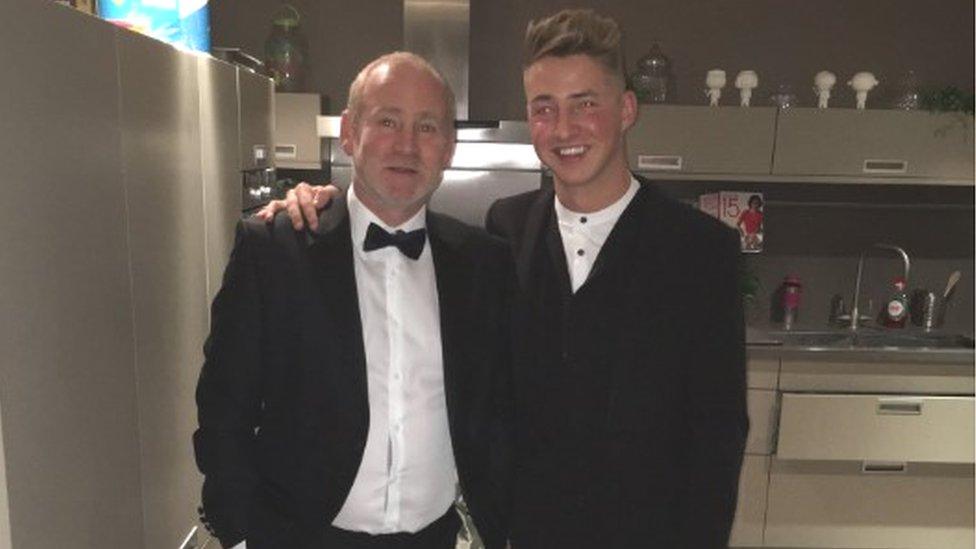
This time I knew what was coming but the more I understood, the more I worried, and I was fearful that other people wouldn't understand.
I put a brave face on at school and whenever anyone asked I would say mum was "fine" or cover the truth by saying she had a physical illness.
At that age I found it hard to understand the situation and I was angry. She was admitted to hospital again and again and there was something about not being able to see anything physically wrong with her that made me question whether it was really there at all.
I thought: "What has mum got to be depressed about? She lives in a nice house with a nice family and is financially stable." I didn't understand how "being sad" could be an illness and would make flippant remarks about how she should just "pull herself together".
The triggers for mum's depression are difficult to understand. She lost a few close family members which she thinks affected her, but she also says one major episode came after watching the film Ray, about the blind rhythm and blues musician Ray Charles. It sounds surprising that she could be affected by a film like this, but she said it broke her heart and tipped her over the edge.
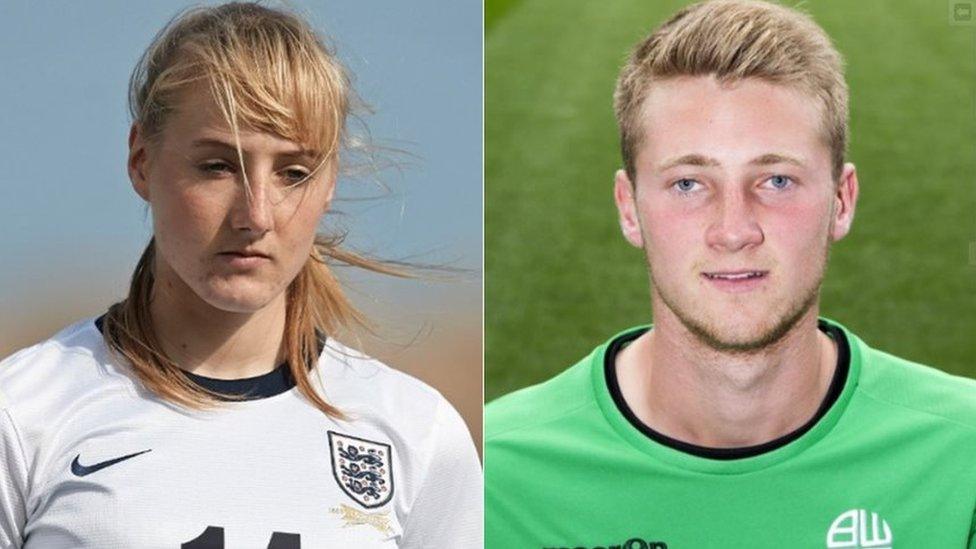
The pain caused by depression within a family is tremendous, but it's brought us closer.
It has made me appreciate every opportunity I receive, although I also live with the constant worry of when or if she'll have another episode.
Mum, who's 49, is currently well and we hope it remains that way for as long as possible, but the dread of its return never goes away.
The rapid disappearance of the person you love can be painful and frustrating. It's the fact they are facing the darkest battle and there is nothing you can do.
I think the stigma surrounding mental health needs to be improved and it should be considered like any physical illness. Ignorance can't be acceptable for an illness where suicide could be the ultimate trauma.
If depression affects someone you should surround them with love, appreciate the struggle and be there for them. Send them a "get well soon" card to let them know you're thinking about them.
After 20 years of living alongside mum's battle, I still don't completely understand depression, but I'm getting there.
Produced by Beth Rose
For more Disability News, follow on Twitter, external and Facebook, external, and subscribe to the weekly podcast.

Related topics
- Published16 March 2017
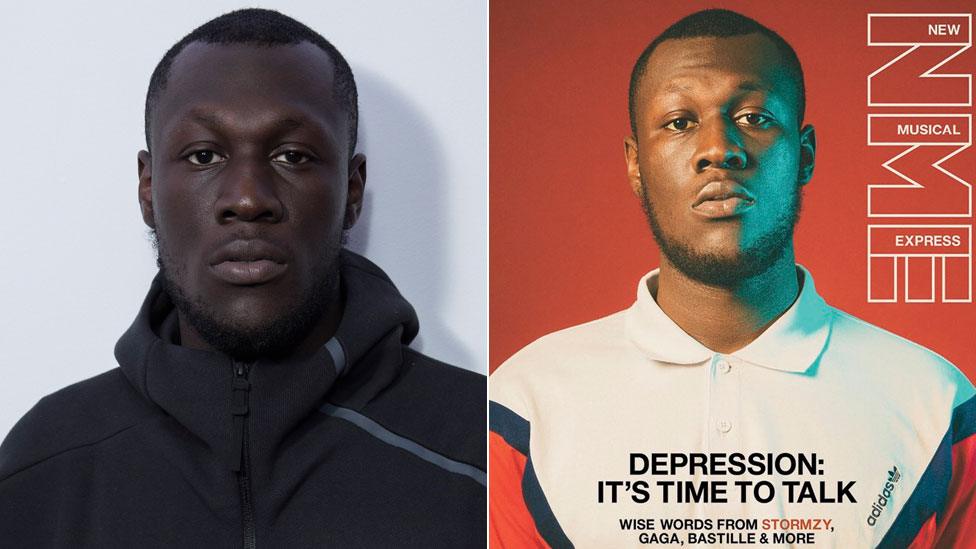
- Published6 March 2017
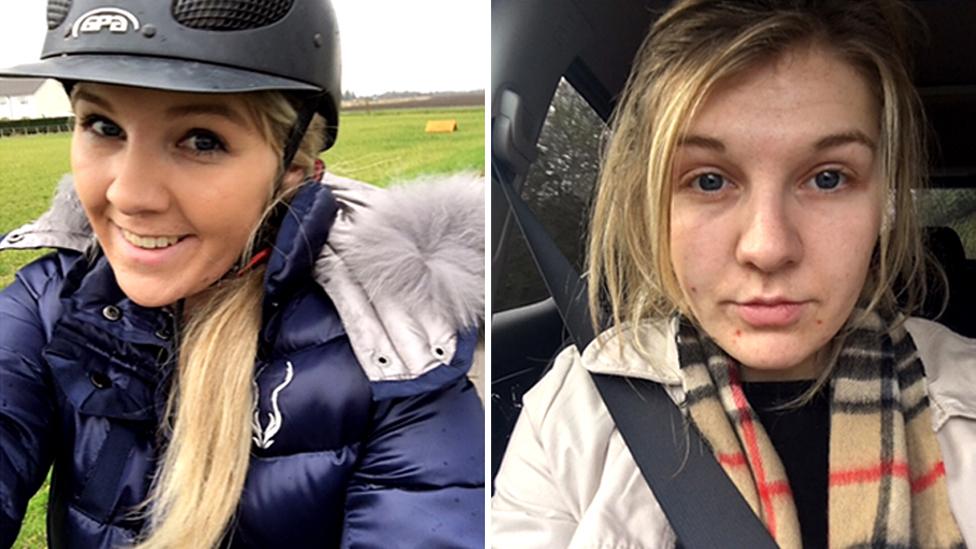
- Published28 February 2017
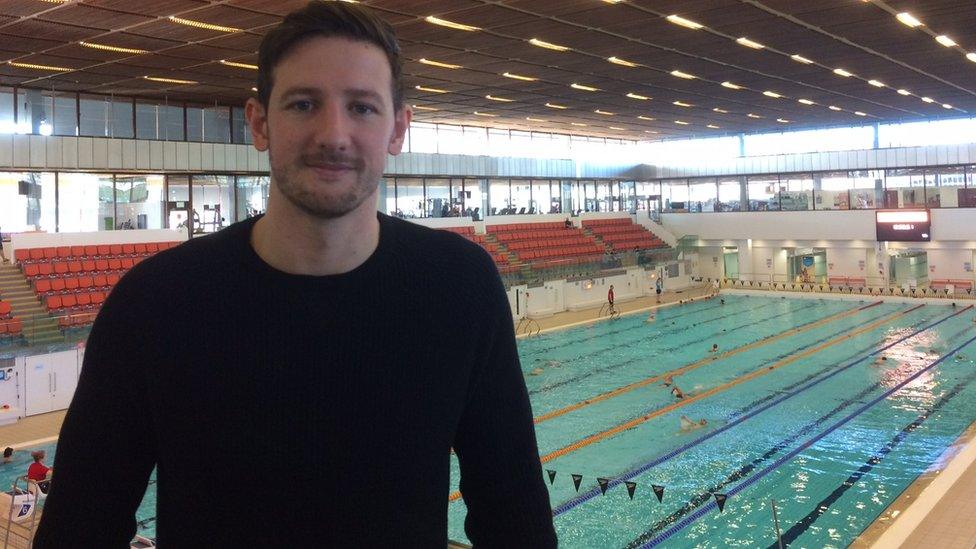
- Published16 February 2017
